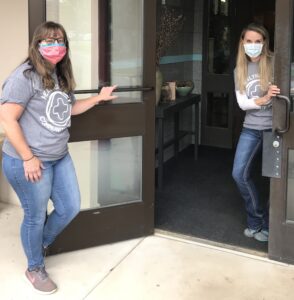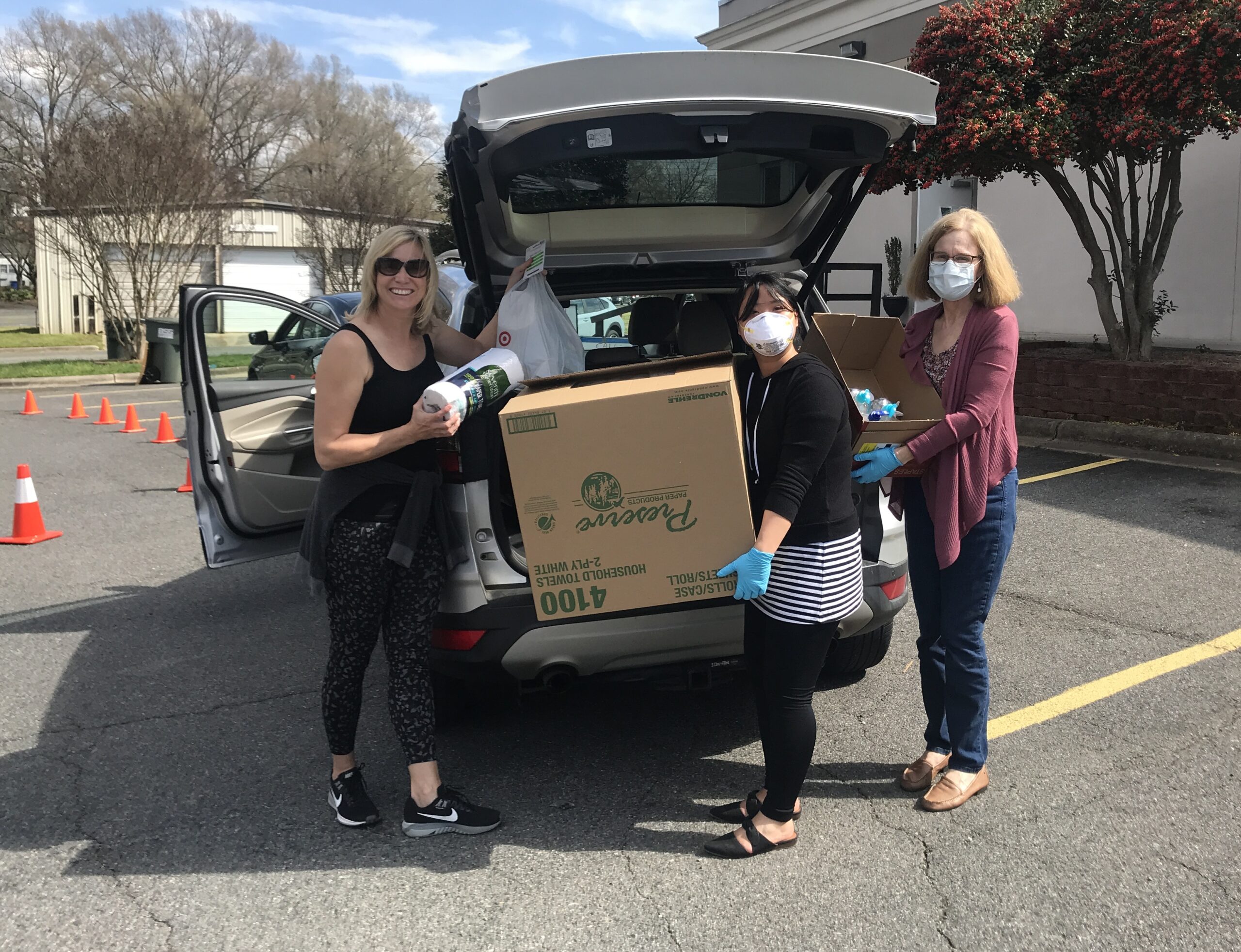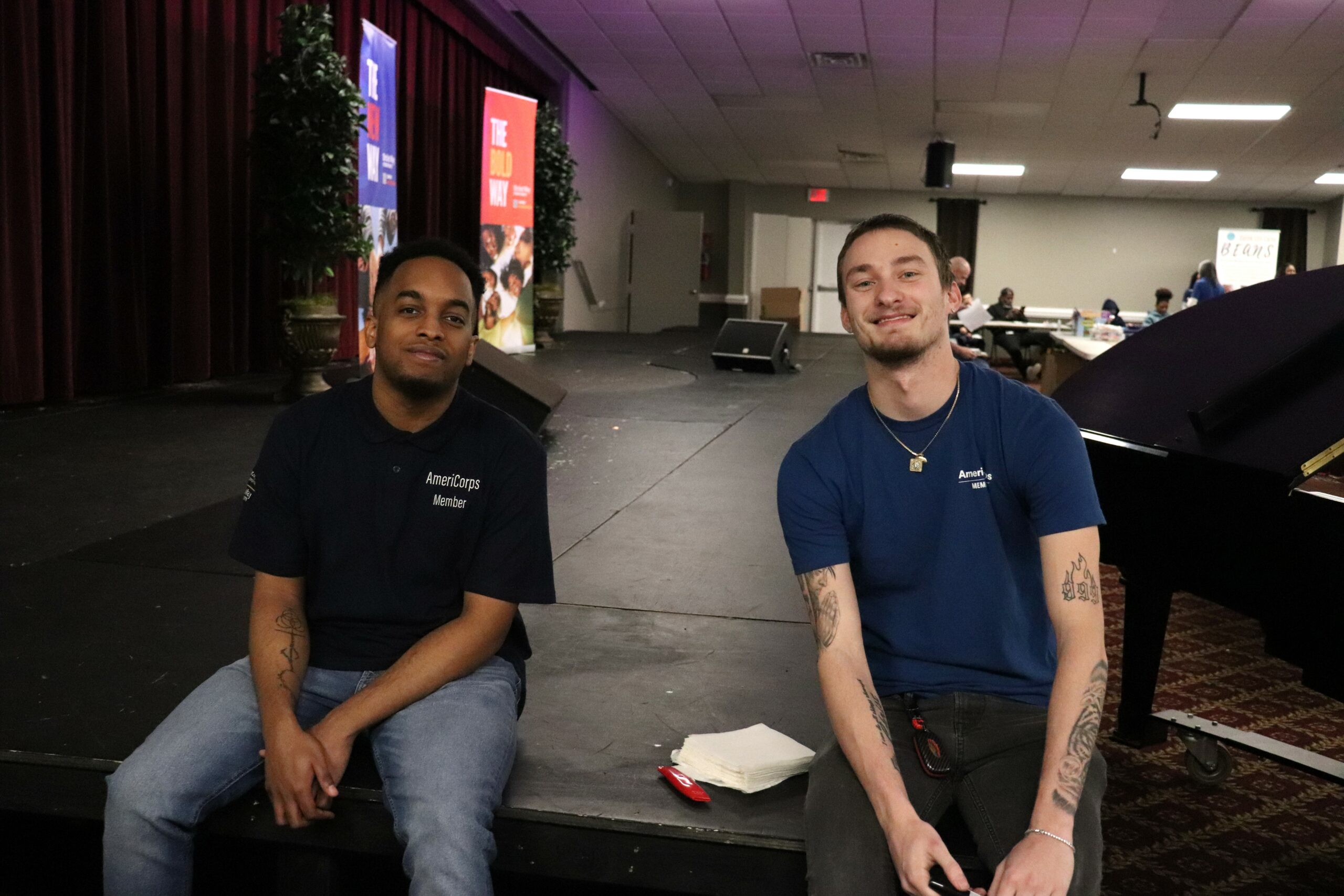
A United Thread: HealthReach Community Clinic
Our newest series, A United Thread, highlights the importance of pulling together to collectively serve our community through an unprecedented time. In each segment, we feature an organization awarded COVID-19 grant money through United Way of Central Carolinas.
As a result of the coronavirus crisis, our community’s most critical nonprofits are feeling the strain as they experience an increased demand for services while simultaneously navigating decreased financial resources. Within multiple counties across the Charlotte region, United Way of Central Carolinas established COVID-19 response funds in partnership with Foundation For The Carolinas, and with the support of corporations, local government and others to assist local nonprofits serving on the front lines.
In this segment, we connect with Sabrina Niggel, executive director of HealthReach Community Clinic, to learn how the organization is navigating the pandemic.
 How has COVID-19 impacted HealthReach Community Clinic?
How has COVID-19 impacted HealthReach Community Clinic?
Niggel: As the only free medical clinic in Iredell County, HealthReach Community Clinic was hit hard and fast by COVID-19. The clinic lost key volunteers, missed out on its annual fundraising event, struggled with supply chain shortages and the lack of essential equipment and supplies – all while seeing an increased need for services.
The coronavirus outbreak created significant hardship for our patient population, which was already extremely vulnerable. All HealthReach patients are uninsured and have limited income. The majority have at least one chronic illness, in addition to multiple barriers to care, such as transportation, language and mental health conditions.
How has the organization adapted the way it delivers on its mission during the pandemic?
Niggel: Once COVID cases began to rise in Iredell County, it became more critical than ever before to keep HealthReach patients out of the hospital to protect their own health and to allow hospitals to devote scarce resources to COVID patients. To do this, HealthReach patients required frequent and regular access to health services, even while they could not be seen in person.
As of mid-March, the HealthReach team transitioned to a telehealth platform and began to consult with patients only remotely. Given that many patients had technical obstacles like lack of devices with video capability, no internet service and limited experience with technology, many consultations took place via telephone.
Nurses provided case management and physicians and other providers performed as much diagnosis and treatment as possible remotely. The HealthReach pharmacy also adapted quickly by creating a makeshift pharmacy drive-thru, which kept patients safe and also provided extra convenience.
 How is HealthReach Community Clinic using the grant money it received through the COVID-19 Response Fund?
How is HealthReach Community Clinic using the grant money it received through the COVID-19 Response Fund?
Niggel: Thanks in large part to United Way, in April and May HealthReach was able to secure necessary supplies and equipment, implement new infection control measures and make dozens of new preparations to re-open its doors to patients in late May.
Just a few of the changes and improvements made possible by United Way include increased hours of operation for primary care appointments; expanded technical capacity to use telehealth as a permanent supplement to in-person services; supplies and equipment for patients to manage and monitor their health at home, such as nebulizers and electronic blood pressure cuffs; sufficient supplies of PPE such as face masks, face shields, gloves and gowns; a new check-in station at entrance to screen patients, take temperatures, ensure masks are worn and that hand sanitizer is applied; enhanced the pharmacy curbside pickup service and delivery plans; and increased marketing to reach newly uninsured patients.
Outside of COVID-19, what is something people should know about HealthReach Community Clinic’s partnership with United Way?
Niggel: With the number of uninsured patients projected to increase by 25 percent in the coming months, HealthReach must be prepared to care for an influx of patients while keeping everyone as safe as possible. Not only has support from United Way helped the clinic navigate through uncertain times, but it has also enhanced HealthReach in ways that will improve patient care in the immediate future and for years to come.
Learn more about United Way’s COVID-19 response efforts here.




